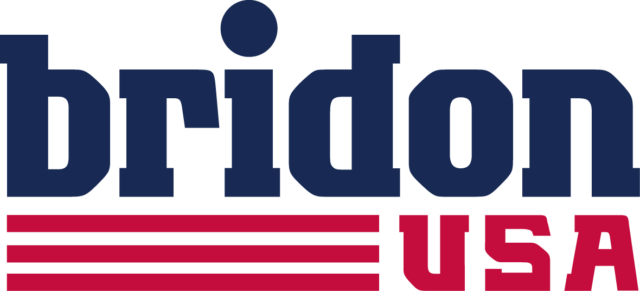Students were surveyed prior to and after completing the two and a half day course, held March 29-31 at the Texas AgriLife Research and Extension Center at Overton.
Seventy-one students from all over Texas attended the course, coming from as near as Rusk County, where the center is located, to as far west as the Rolling Plains and south to Houston.
The farms and ranches the participants owned -- and were learning to manage -- were as small as 30 acres and as large as 6,000, with total acreage 27,000 and the average about 380 acres, according to Jennifer Lloyd, office assistant responsible for recordkeeping for the school.
Officially named the "Pasture and Livestock Management Workshop," the course has operated under different names since the first classes were held in the spring of 2001, said Dr. Monte Rouquette, Texas AgriLife Research forage scientist.
But the basic thrust of the instruction has remained the same: to bring those new to ranching and rural land ownership up to speed on growing forages and managing a cattle operation. Unlike the clientele of traditional Texas AgriLife Extension Service and AgriLife Research educational events, those newly returned to the land don't have a lifelong learning set to build on, Rouquette said.
Instruction literally -- and figuratively -- has to begin at a "grassroots" level.
Since the late 1990s, many baby boomers began either returning to family property or buying land as a retreat from city life, Rouquette said. Once back in the country, they find just maintaining a large acreage and generating income from it is a daunting learning experience.
Many come to take the course not expecting to make money, but to stop losing quite so much.
"We enjoy the small family atmosphere of the staff and school," commented Andy and Cynthia Seamans of Victoria. "The greatest benefit to us this year was Dr. (Jason) Banta's presentation to determine supplemental needs based on forage analysis."
The 2011 course was the second time Debbie Hicks, Kaufman, attended. Last time she brought her son -- that was four years ago. This year, she brought her daughter-in-law, Sarah Hatley.
"I inherited some property from my aunt five years ago, about 160 acres," Hicks said. "It's a family operation -- my son, my daughter, myself. And my son handles the cows, and my daughter handles the forage, the hay production. Now it's her turn to come and see what education can do for an operation."
The $350 registration fee for the course will "definitely" pay for itself, both Hicks and Hatley agreed.
One example, Hatley said, is that they now feel more confident in growing forage for grazing and hay. They plan to graze pastures further into the fall rather than take a third cutting.
"We can save one month of having to hay the cows when they can be eating grass; that will save us a lot," Hatley said. "We've had a great time; we learned a lot, and we will definitely be calling the people here and continuing to ask questions.
Tom Brown, Kilgore attorney, said he took the course because when the senior Brown died a few years ago, he not only lost a loved father, but a great source of information. He said he recognizes he could make more money selling off the acreage and livestock, but it just didn’t seem right to walk away from a farm that's been in the family for generations.
Also attending was Scott Andrews with the Citizens National Bank. The bank, which has branches in Tyler, Longview and Henderson, is a farm lender. Andrews said the bank was likely to be more open to making loans to those who took time to learn something about the ranching business from professionals.
"These folks are learning how to run their operations more efficiently," Andrews said. "We see people who are moving into retirement, have maybe had a past background in this, and want to get up to speed and learn about the latest technology. Quite honestly, it's easier to do business with folks who we feel confident have really made an investment in learning what they're doing."
One student summed up the benefits of the school in a few words: "A 10-minute speech can save you $2,000. It doesn't take very long to spend $2,000 in the cattle business."
Plans are to hold the grazing school again in the spring of 2012, but registrations won’t be accepted until December, Rouquette said.
"If they call or email, we'll put them on a first-alert list," Lloyd said. "They'll get first chance at registration before the news releases go out."
Lloyd may be contacted at 903-834-6191 or jllloyd@ag.tamu.edu. ![]()






